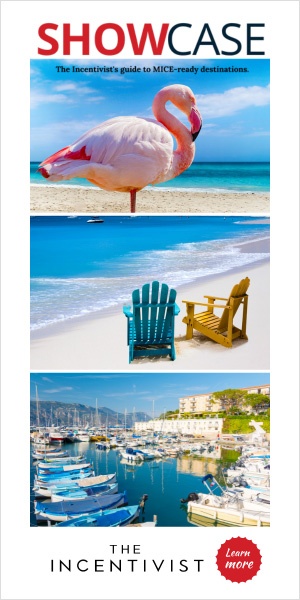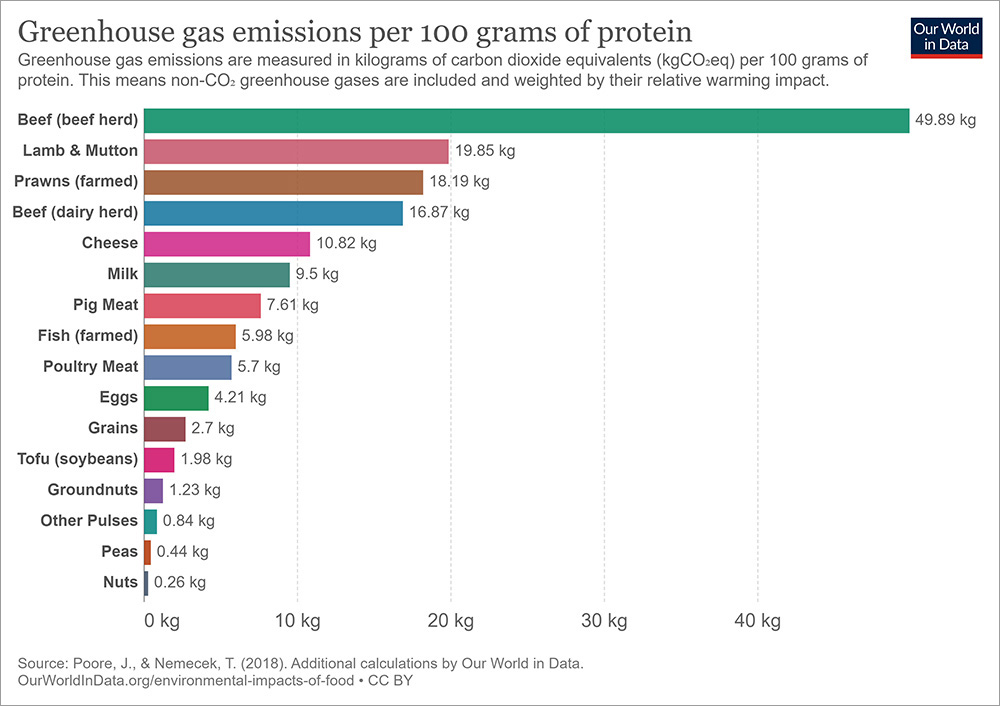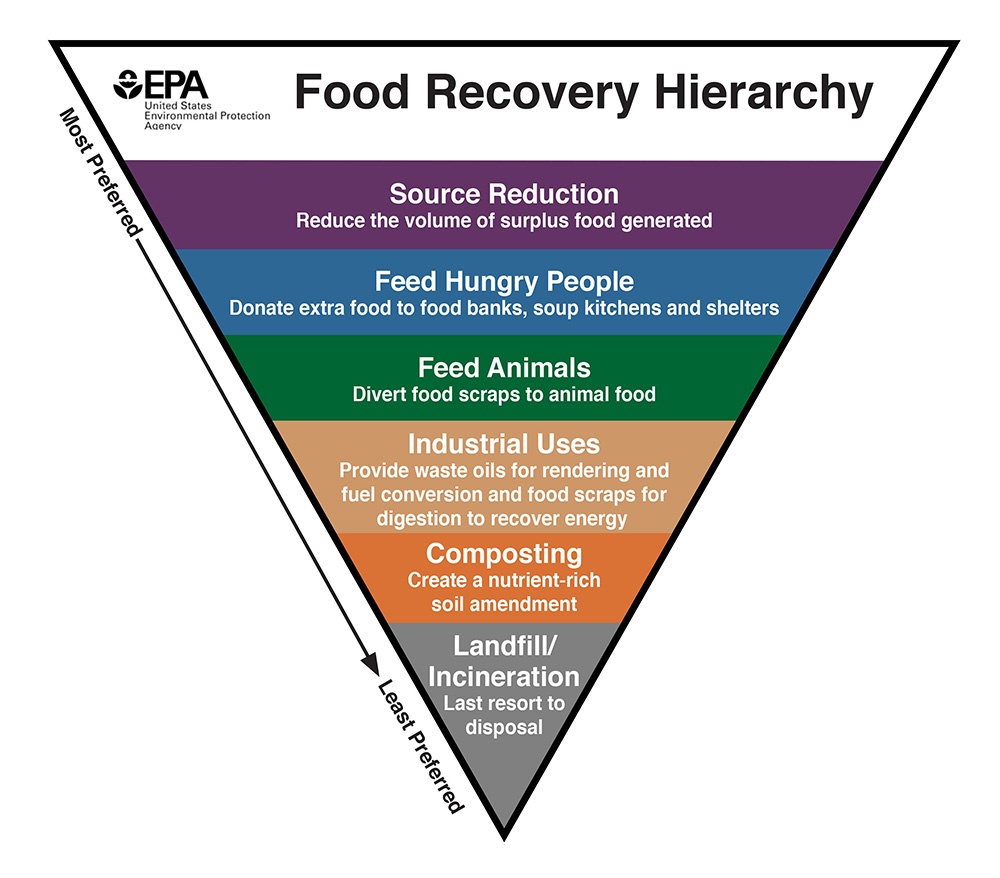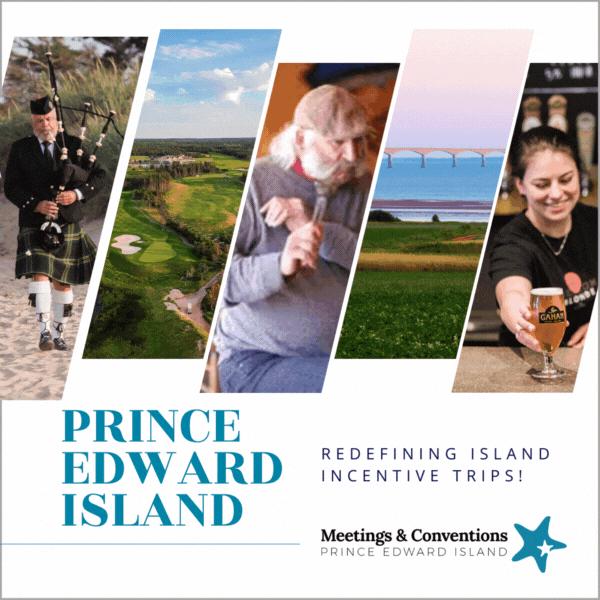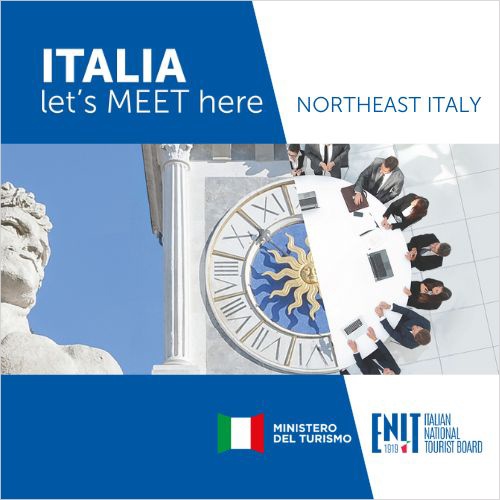It seems everywhere people are talking about climate change and sustainability and news articles are full of disasters sweeping our incentive destinations. Corporate social responsibility programs are an engaging and fulfilling part of incentive programs and have levelled up with companies embracing ESG.
What is ESG? Environmental, social and governance policies and practices. At The Sustainable Events Forum (TSEF), we believe social and governance integrity is vital, however, environmental issues need to be the priority because the other issues, and possibly, incentive programs, don’t exist in a world where our lives are threatened by food and water shortages, extreme weather and dying ecosystems.
So how do we prioritize the environment on your next program when you are already juggling a thousand demands? We could give you a list of 100 actions to take – but we know you don’t have time for that. At TSEF we talk about right action, not nice action – or high impact actions. Below we have identified the actions you can take that have the greatest effect on reducing your event footprint, and we added a few that we know are near and dear to people. Getting rid of plastic isn’t as impactful on your carbon accounting as lowering your beef consumption – but we know everyone loves a good plastic reduction tip!
What follows are best practices we have discovered over the five years we have managed events, taught sustainable event practices, and talked to hundreds of sustainability experts.
Things to consider when participating in or planning your next incentive trip:
Destination & Accommodations
- Choose your destination wisely as transportation is usually the largest emission source for events. Short-haul flights are easier on the environment than long-haul ones and look for locations that have rail access, public transportation and offer hybrid or electric options for local vehicles. (Pro tip: great things to ask in your RFP!)
- Accommodation: Contract hotels that are eco-rated and check for certifications to verify sustainability claims.
- Experience local by eating local. It’s a great way to experience the culture of the destination, support the local economy and reduce the environmental impact of shipping food.
Food
- Plant forward is where proteins come primarily from plants and not animals. Simply switching from beef to another animal protein can drastically reduce your emissions. This chart on emissions by protein source is eye opening.
- Food waste that goes into the landfill is a huge contributor to global warming – it’s between 10 and 8% of Greenhouse Gas emissions, while air travel is about 2% to 3.5% so giveaway what waste you can and ensure the rest is composted not put in the local landfill. This food recovery hierarchy shows how to address food waste efficiently.
Materials
- Eliminate single-use plastics, already banned in many destinations, in favour of reusable options and look for recycled products, not products that can be recycled.
- Beware what you bring into your event and understand recycling is not an ideal solution. Plastic is recycled at the rate of 9%, glass and paper at around 30%, and aluminum at 86%. So, while the plastic you buy can be recycled, it probably won’t be. Use your power of choice wisely.
It’s easy to let the immediacy of our planning take priority over climate action, but every step we can take now to reduce the size of our future problems is a good step. For more information and practical steps to reduce the GHG emissions on your next incentive program, please visit tsef.ca for a list of industry resources, tools and case studies.
About the Authors
Candice Tulsieram, DES, SEPC is an experienced planner with over 10 years in financial and corporate events and has certification in both digital and sustainable events. Natalie Lowe, CMM, CRL is a destination management company owner based out of Niagara, Ontario. Candice and Natalie co-founded The Sustainable Events Forum in 2018 to help travel and event professionals find practical, impactful ways to make their events environmentally friendly. They host webinars, educational events, and training sessions on climate action for the event industry. More information can be found on the Forum’s website and on LinkedIn.


